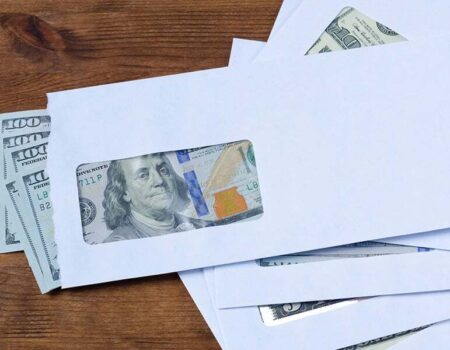
Carrying credit card debt is a common financial challenge, with many individuals struggling to manage their balances. However, paying off your debt might be more achievable than you think.
Here are some effective approaches to help you reduce your credit card debt faster than expected.
Managing High Credit Card Debt
If your debt has reached a significant amount, it can feel overwhelming. The longer you delay addressing it, the harder it becomes to resolve. Taking control of your finances early can help alleviate long-term stress.
One option to consider is debt consolidation, which allows you to combine multiple debts into a single, manageable payment. Companies specializing in debt relief may provide guidance on how to consolidate and potentially lower your monthly payments. Some services operate with no upfront fees and can help you become debt-free within a few years.
Lowering Your Auto Insurance Costs
If you’re looking to free up additional funds to put toward your debt, reviewing your auto insurance rates can be beneficial. Many people overpay for insurance without realizing it. Online tools are available to compare insurance rates and identify potential savings, which could amount to hundreds of dollars per year.
Utilizing Balance Transfer Offers
A balance transfer credit card with a 0% introductory APR can be a powerful tool for reducing interest payments. Some credit cards offer interest-free periods for over a year, allowing you to pay down your balance without accumulating additional charges. Be sure to review the terms carefully, as interest rates will apply once the promotional period ends.
Leveraging Home Equity
Homeowners seeking financial flexibility might explore a home equity line of credit (HELOC). This option allows you to access funds based on your home’s value while maintaining lower interest rates compared to traditional credit cards. Unlike lump-sum loans, a HELOC provides ongoing access to credit, which can be used as needed.
Exploring Personal Loan Options
For those who need immediate funds to pay off high-interest debt, a personal loan could be a viable solution. Various lenders offer loans with competitive rates, enabling you to consolidate debt and simplify repayment. Many online platforms allow you to check loan options without impacting your credit score.
Considering Home Warranty Plans
Unexpected home repairs can strain your finances, making it harder to pay off debt. A home warranty plan can provide coverage for essential appliances and systems, reducing the risk of sudden expenses. By paying a manageable service fee, you can avoid costly repairs and keep your budget on track.
Addressing Unpaid Tax Debt
Tax debt can be particularly stressful, especially when dealing with penalties and collection efforts. Seeking professional assistance can help negotiate repayment plans and potentially reduce the amount owed. Some tax relief services work directly with the IRS to find solutions tailored to your financial situation.
Final Thoughts
Paying off credit card debt requires strategic planning and financial discipline. By exploring options such as debt consolidation, lower interest rates, and alternative funding sources, you can take control of your finances and work toward a debt-free future. Evaluating your expenses and making informed financial decisions will help you achieve long-term financial stability.





No Comment! Be the first one.